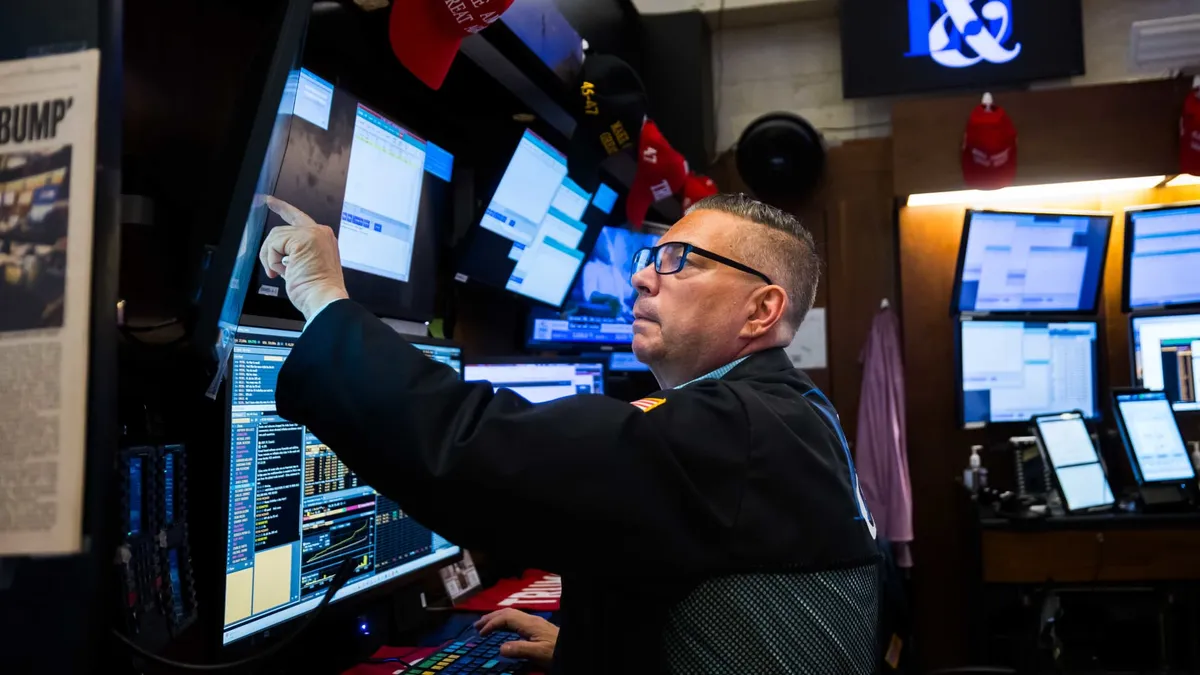
On Monday night, stock futures experienced a notable increase after President Donald Trump announced over the holiday weekend his agreement to postpone a 50% tariff on the European Union. The Dow Jones Industrial Average futures surged by 455 points, translating to a 1.1% rise. Similarly, S&P 500 futures climbed by 1.2%, while Nasdaq 100 futures jumped by 1.4%.
Trump's announcement came on Sunday, where he disclosed plans to extend the deadline for the 50% levy on the EU to July 9. This decision follows a request from Ursula von der Leyen, the president of the European Commission. Just last week, Trump had proposed an import tax of 50% on goods from the EU, set to take effect on June 1.
While the delay in EU tariffs has provided a temporary uplift to the futures markets, underlying apprehensions regarding trade relations and upcoming economic indicators continue to cast a shadow over investor sentiment. Naeem Aslam, the chief investment officer at Zaye Capital Markets, highlighted these concerns in a note to clients, emphasizing that the short-term gains might not reflect broader market stability.
Monday night's rally comes on the heels of a challenging week for Wall Street, where the Dow, S&P 500, and Nasdaq Composite all experienced declines of over 2%. Investor anxiety was heightened by Trump's tariff proposals on the EU, alongside concerns regarding tech giant Apple.
As the U.S. stock market was closed on Monday in observance of Memorial Day, investors are gearing up for key economic data releases on durable goods, housing, and consumer confidence scheduled for Tuesday. Additionally, market participants will be keenly observing comments from Minneapolis Federal Reserve President Neel Kashkari and New York Fed President John Williams, as their insights could further influence market dynamics.